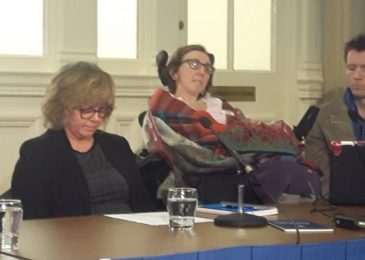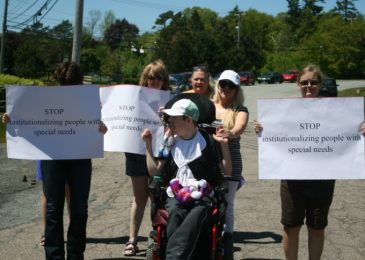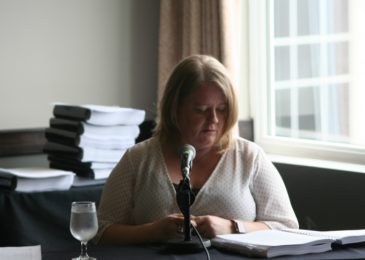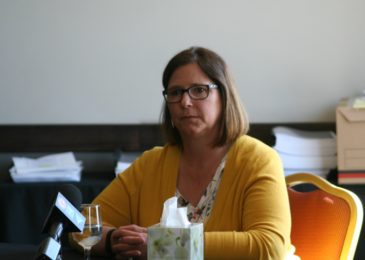Jen Powley: Province stalls home for disabled adults on Gottingen Street
Nine months ago disability activist Jen Powley presented a proposal to Community Services for a four-bedroom unit with shared-attendant care in a new mixed-use building on Gottingen Street. This unit would keep me and three other young adults out of a nursing home at a cost comparable with that of housing them in a long-term care facility. She’s still waiting for a response.








